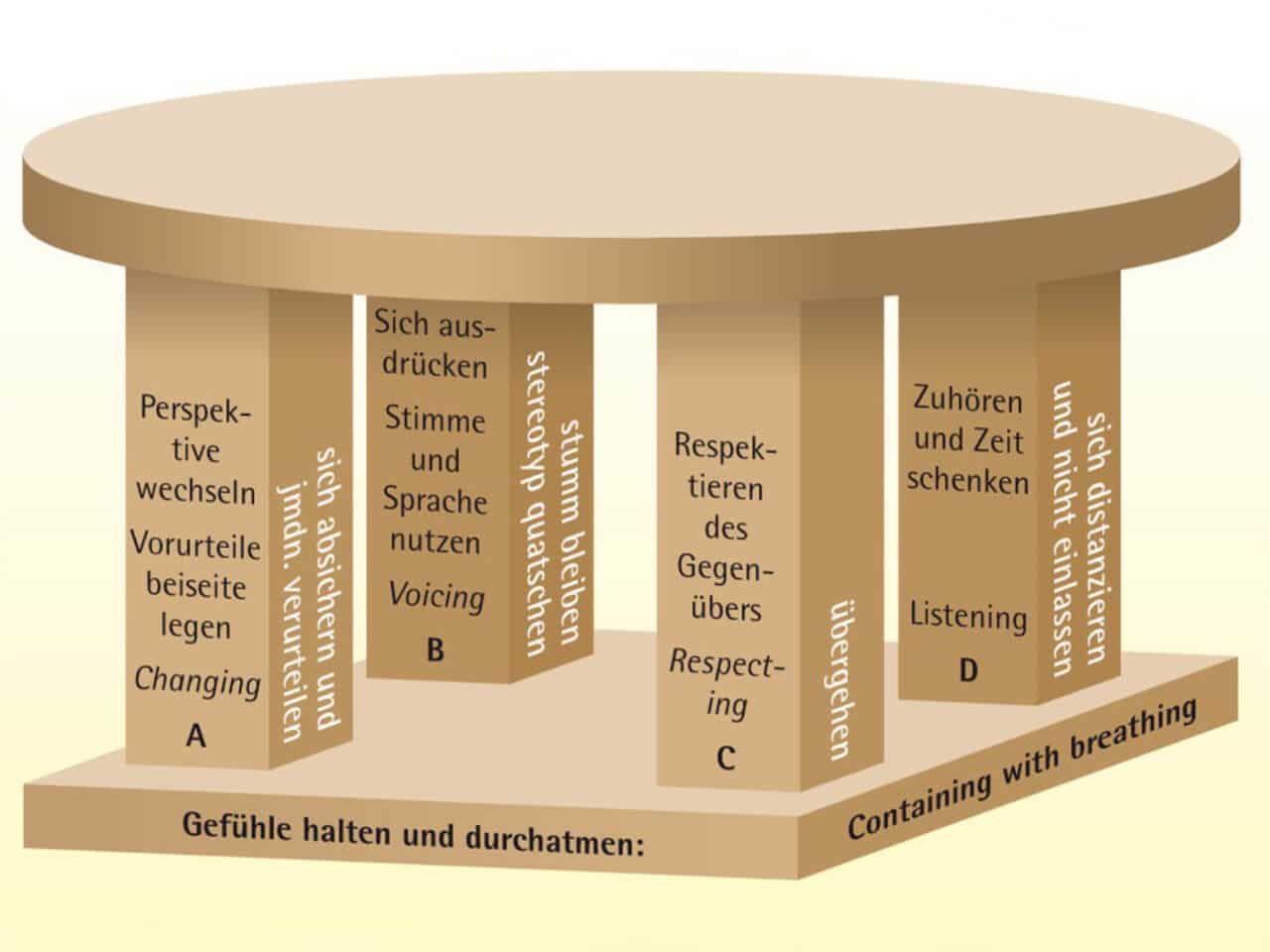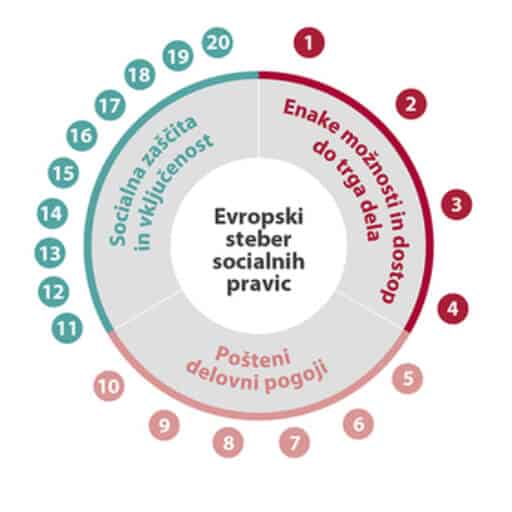What is a family constitution?
A family constitution is not mandatory, but it is necessary for good relations between family members. It regulates relationships, resolves conflicts, and defines the protocol for the transfer of company ownership, the terms of the takeover, and company’s vision, mission and objectives.
Disputes between family members often threaten to destroy the family business, which has been built over generations. Many family businesses in Slovenia are facing problems that they have never even considered. Only 1/3 of family businesses survive the transfer to successors, and only one in seven survives into the third generation.
Family constitutions are becoming increasingly popular in Slovenia. A family constitution is a document that clearly defines the roles and relationships of family members in the company. It specifies that only members of the family by blood can own the company, and also how succession will be established as the family grows, i.e. who can be an active partner with management functions and who can be a dormant partner with rights as a member of the general assembly. Shared values are presented and solutions are developed to resolve potential conflicts.
This step requires a high level of tolerance from both generations. Family businesses are based on tradition and an emotional attachment to what you or someone before you has built. This is also the fundamental difference that separates family businesses from businesses managed by outsiders without emotional involvement. This important difference is the reason why clearly separating the ownership and management of the business from private, family relationships is essential for the functioning, success and survival of the family business.
Parents usually need to be taught that they cannot always be putting their foot down, and young people that they should not assert their egos. The family constitution also contains the guidance that common interests must be pursued.
An entrepreneur should already be planning succession at the age of 50, teaching their young successors and preparing them for the takeover. If a child does not have the desire or ability to succeed you, forget this option. The company can be sold or a manager can be hired, with the successor remaining an owner. Better that than letting the business fail. Sometimes we wrong our children by imposing the business on them because they are born into our family, and then they are not happy.

Family constitution and social contract
The family constitution and social contract are not two competing, but two complementary documents. While the social contract regulates the relationship between the family business and its owners, the family constitution determines how family members interact with each other, what are their powers, how to prevent conflicts, succession, etc. The two sets of rules overlap, and represent a mutual, complementary tool for strengthening the business.
The family constitution deals with emotionally charged issues which could jeopardise the peace in the family and consequently the stability of the family business, which is why it is usually drafted with third-party support to facilitate the process and prevent conflicts.
A family constitution usually defines:
- Values and objectives of the family and the business;
- Business management model;
- Corporate governance and control;
- Retirement of owners;
- Succession;
- Rules of the advisory board;
- Transfers of ownership;
- Ensuring family cohesion (e.g. communication rules, conflict management);
- Introduction to the family day;
- Compliance with the social constitution (without contradictions).
The family constitution is of course not a panacea, and cannot completely prevent legal conflicts in the family. It has however been proven to lead to fewer lawsuits. This should be a sufficient incentive to agree on a set of rules in the family constitution to ensure a more peaceful future and the long-term survival of your business.
Our services:
- Reviewing the current state of family members’ relationships, and interviewing each of them individually and together.
- Facilitating dialogue and providing mediation between family members.
- Preparation of a family constitution.
- Implementation oversight.
Are you ready to make a change and reduce your company's environmental impact?
We have the experience and expertise to help you achieve impact on all three pillars of sustainability.



